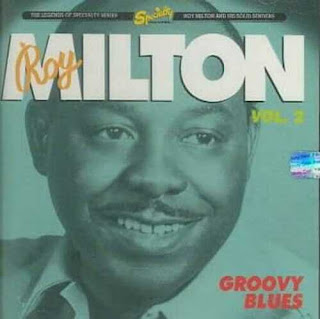Know Say Or See
Benny Jr Music
Benny Rubin Jr. is another prodigious talent coming from the Detroit area. Born in Flint, Michigan, and raised in the Motor City, he discovered jazz, graduated from the Detroit School of the Arts, and worked locally with top local players including Wendell Harrison. He moved to New York, working with such folks as Adam Rudolph, Lonnie Plaxico, Danny Mixon, and the Harlem Society Orchestra. His second album as a leader, his alto and tenor saxophones, is joined by Lex Korten on piano, Adam Olszewski on bass, and Jk Kim on drums.
The album gets its title from three of his compositions on this recording. The album opens with a blues, “Know,” that he begins unaccompanied before the bass and drums enter to support his deep blues playing. “Say,” is a free jazz styled number with impressive piano from Korten before Rubin plays robustly on this stimulating free jazz tune. He is particularly strong playing at the tenor saxophone’s lower range. From the turbulence of “Say,” he shifts gear with a scrumptious ballad playing on “Darn That Dream,” that suggest the influence of Ben Webster and others. Based on Joe Henderson’s “Inner Urge,” Rubin showcases his alto sax on “NYC Urge,” with exemplary quartet playing and a terrific Korten solo.
Rubin leads the quartet on a straight-ahead swinging rendition of Horace Silver’s “Kiss Me Right” that provides space for all the players. The original “Flint Water Crisis” refers to the still pressing issue affecting the residents of his birthplace. While starting with plenty of fire, Rubin’s solo builds in intensity as his solo, including overblowing at the tenor’s upper range as this performance develops.
The two final tracks, “Down They Go” and “Or See,” evoke the classic John Coltrane Quartet, with Korten’s Tyner-esque piano complementing Rubin’s channeling of Coltrane’s sound. Both numbers evoke the spiritual tenor of “A Love Supreme,” with each player bringing their own voice. Rubin’s playing is quite exciting here. These two tracks close this recording and displays the authority and imagination with which Benny Rubin Jr. plays. He also has composed several engaging originals and brought together a first-rate band, resulting in a superb recording. It is available on Bandcamp, https://bennysaxable.bandcamp.com/album/know-say-or-see-2.
I received my review copy from a publicist. Here he and his quartet performs "Down They Go."




























